Essential oils are gentle enough to use for daily treatment and for boosting long term hair growth.
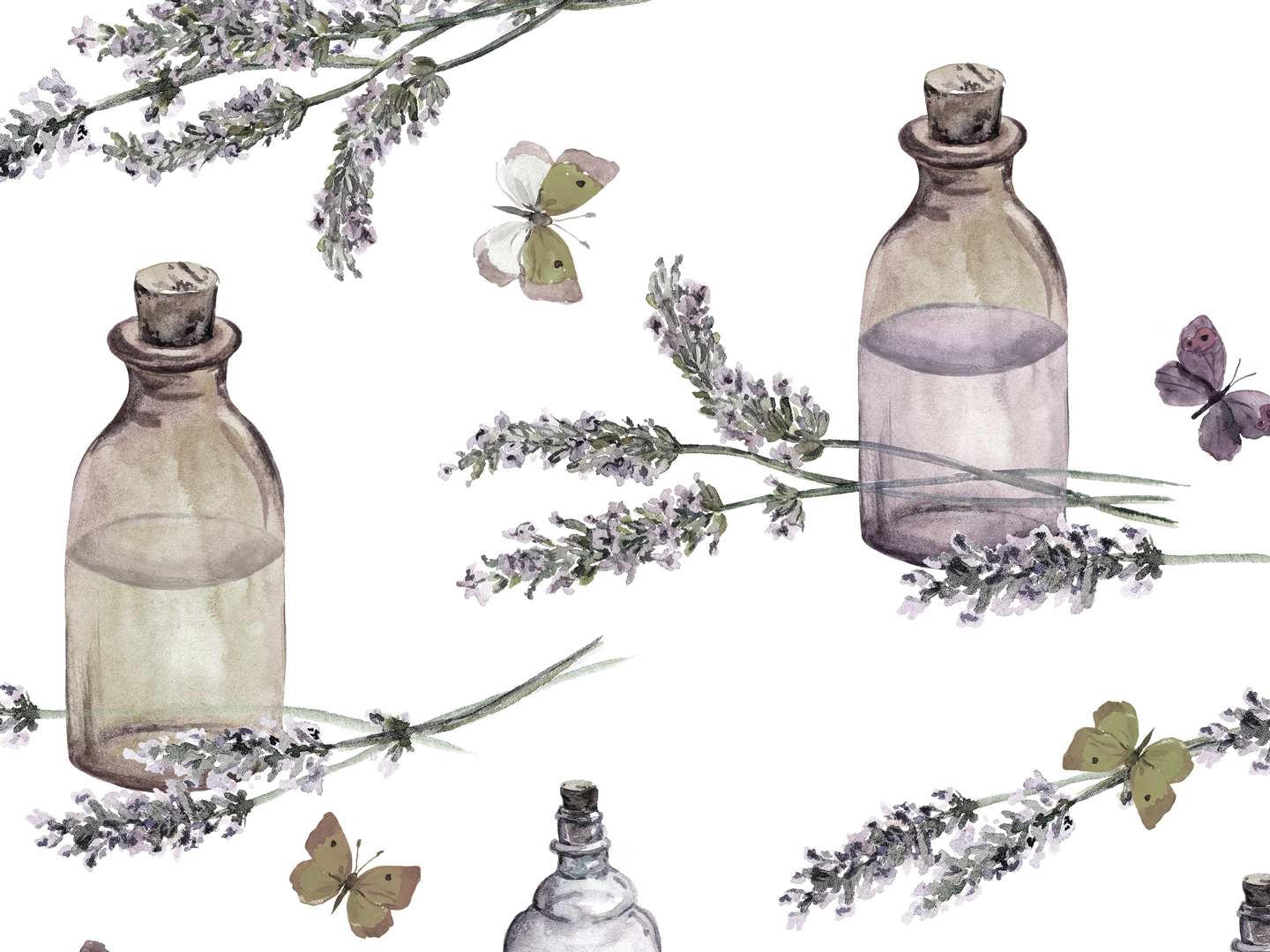 We all wish we could magically grow hair faster in a week. With so many treatments that claim to boost your hair growth, it’s hard to figure out what actually works. That’s why we’ve put together this guide covering essential oils that have been scientifically proven to promote hair growth. Essential oils are natural, easy to use, and have benefits for your skin too. Here are the top 7 essential oils for hair growth, and how to include them in your beauty routine.
We all wish we could magically grow hair faster in a week. With so many treatments that claim to boost your hair growth, it’s hard to figure out what actually works. That’s why we’ve put together this guide covering essential oils that have been scientifically proven to promote hair growth. Essential oils are natural, easy to use, and have benefits for your skin too. Here are the top 7 essential oils for hair growth, and how to include them in your beauty routine.
Why use essential oils for hair growth?
Essential oils are a simple natural remedy to use to improve scalp and hair health. If you’ve been using natural hair or organic hair products, chances are they already contain essential oils in them. That’s because their benefits have been scientifically backed, and once diluted, can be safely used on hair and skin. Essential oils are naturally derived from plants, usually in a steam distillation process that’s free of synthetic ingredients. They’re potent with hundreds of active compounds, so a little goes a long way.
What are the benefits of essential oil for hair growth?
-
Antimicrobial
Essential oils are derived from plants, so they share many of the potent properties that help plants thrive. For example, many of them contain antimicrobial compounds that protect plants against predators and infection.
Clearing away bacterial growth on hair is essential for unclogging pores and preventing infection. Bacterial and fungal infections can irritate hair follicles, leading to scalp conditions such as folliculitis and seborrheic dermatitis. All that irritation and scratching can cause a substantial amount of hair loss. The antimicrobial properties of essential oils help purify your scalp to make way for healthier hair growth.
-
Anti-inflammatory
Many essential oils have anti-inflammatory properties that help to soothe scalp conditions. Anti-inflammatory ingredients reduce itchiness that might cause excessive scratching and hair fallout. Chronic inflammation is damaging to hair and skin cells, and can inhibit normal levels of hair growth.
-
Stimulate circulation
Hair needs a balanced amount of nutrients in order to grow. Some essential oils promote circulation, which allows nutrients and blood to more easily reach hair follicles. This helps stimulate hair growth.
-
Balance skin
The moisturizing qualities of essential oils help balance skin and regulate sebum production. Their ability to ease stress also reduces excess sebum that causes a greasy scalp and oily hair.
-
Protect against damage
Essential oils are rich with antioxidants that help protect important hair and skin proteins from damage.
-
Reduce stress
Essential oils are known for their unique refreshing scents. Inhaling them can help calm the mind and reduce stress. It helps prevent against conditions like alopecia areata that cause large amounts of hair loss, and can be triggered by high stress.
Best Essential Oils for Hair Growth
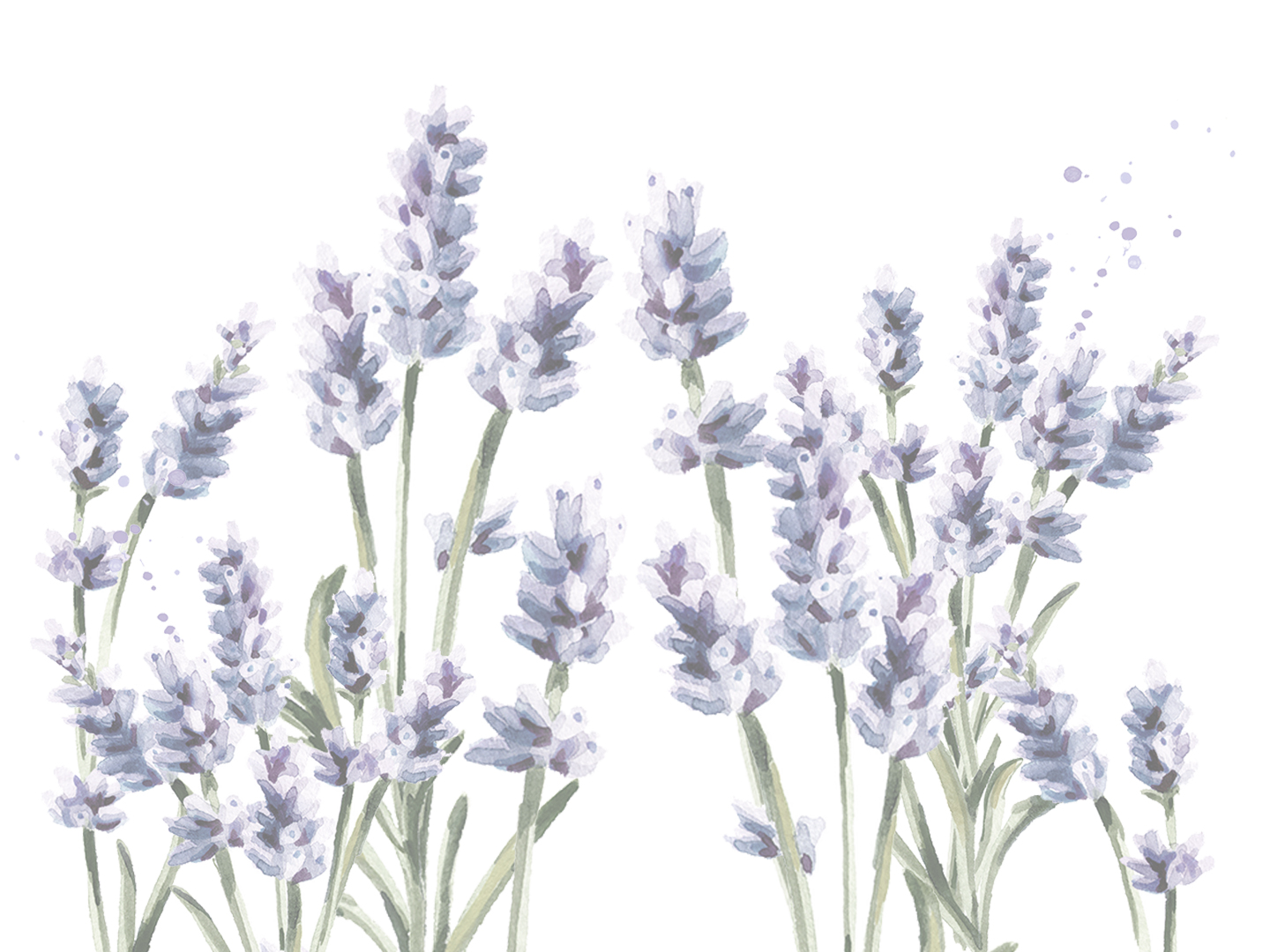
-
Lavender
You’re not helping yourself if you’re stressing out over your hair. Stress plays an important role in triggering scalp conditions such as psoriasis and atopic dermatitis. Stress is also a factor that increases hair loss, leading to more serious conditions such as alopecia areata that can happen to even healthy individuals.
Inhaling lavender oil has been shown to significantly reduce stress levels. It’s also an effective antiseptic and is often used to fight acne. Massaging lavender oil into the scalp has shown promising results in patients with alopecia areata who experience extreme hair loss.
As the most popular essential oil in use, lavender oil can easily be found in natural hair products. Massage a nourishing lavender shampoo into your scalp for smoother softer hair and to promote hair growth. To enjoy some aromatherapy, spritz your hair with a lavender sea salt spray for voluminous hair with a calming scent.
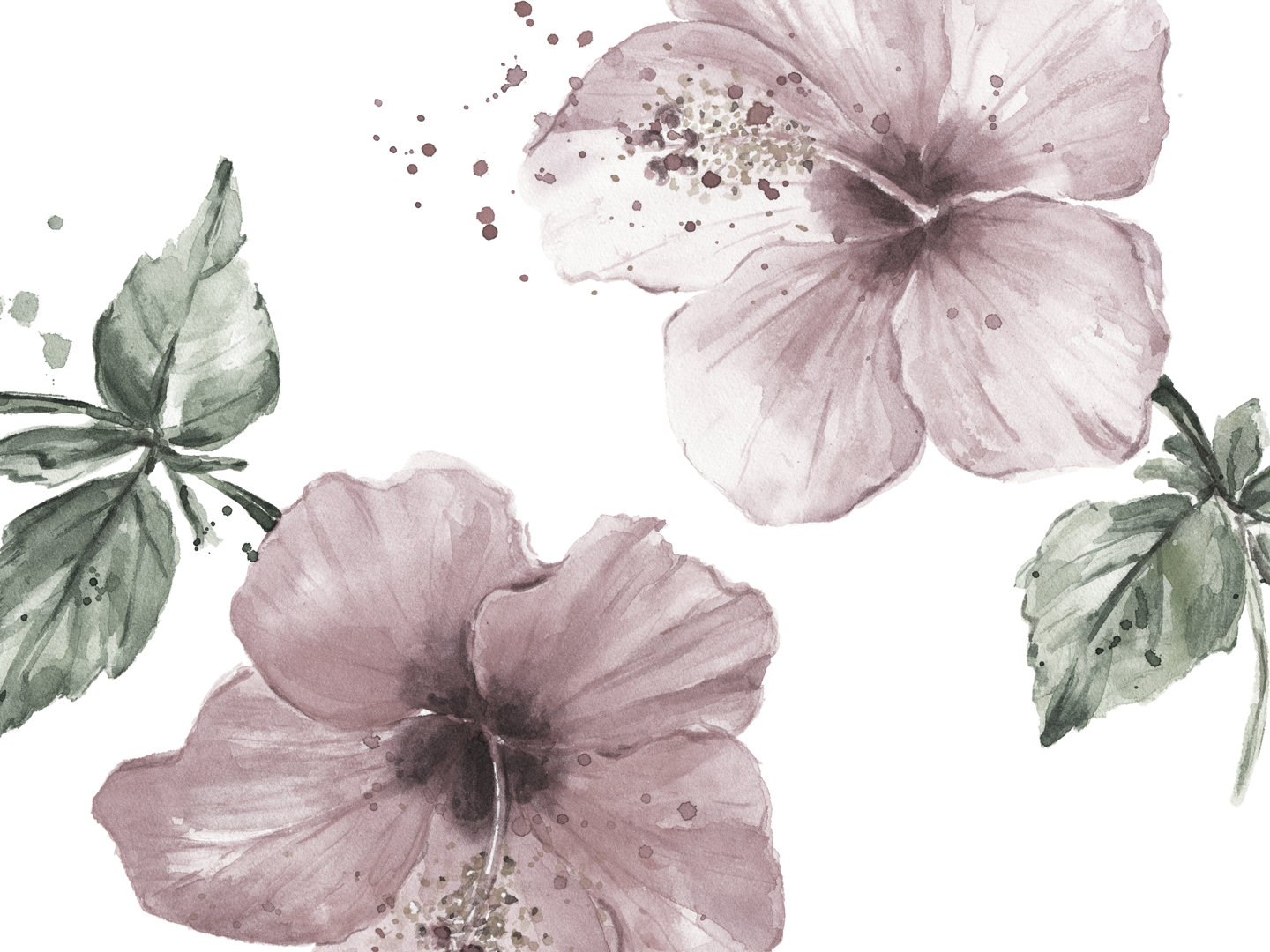
-
Hibiscus
This tropical flower has been widely used in Ayurveda—traditional Indian medicine. It’s known as a natural ingredient for promoting hair growth, and is commonly used in herbal hair remedies in India. Further studies found that hibiscus preserves the life of the protein elastin that keeps skin firm and protects hair against damage.
Hibiscus isn’t yet a common beauty ingredient in the Western hemisphere. But you can find it in a restorative honey and hibiscus shampoo that moisturizes and repairs damage. Shea Moisture offers a coconut and hibiscus hair mask for a deep conditioning session. For on-the-go nourishing, try a hibiscus styling milk.
-
Hinoki cypress
The hinoki cypress is a tree commonly found in Japan. It’s usually used for its antimicrobial properties in personal care and shampoo products. People suffering from baldness found that they experienced more hair growth when using shampoos containing hinoki cypress essential oil. Tests were conducted on mice (which is horrific, like all animal testing!) to investigate what made hinoki cypress beneficial for hair growth. Researchers found that hinoki cypress oils were actually able to heal damaged cells in hair follicles and promote hair growth.
To help encourage hair growth, apply a few drops of a blend of hinoki oil onto your scalp. Massage in the oil to promote circulation and absorption. Leave on the oil for up to several hours before rinsing. Feel free to make your own diluted mixture with hinoki essential oil and a light carrier oil such as argan oil.
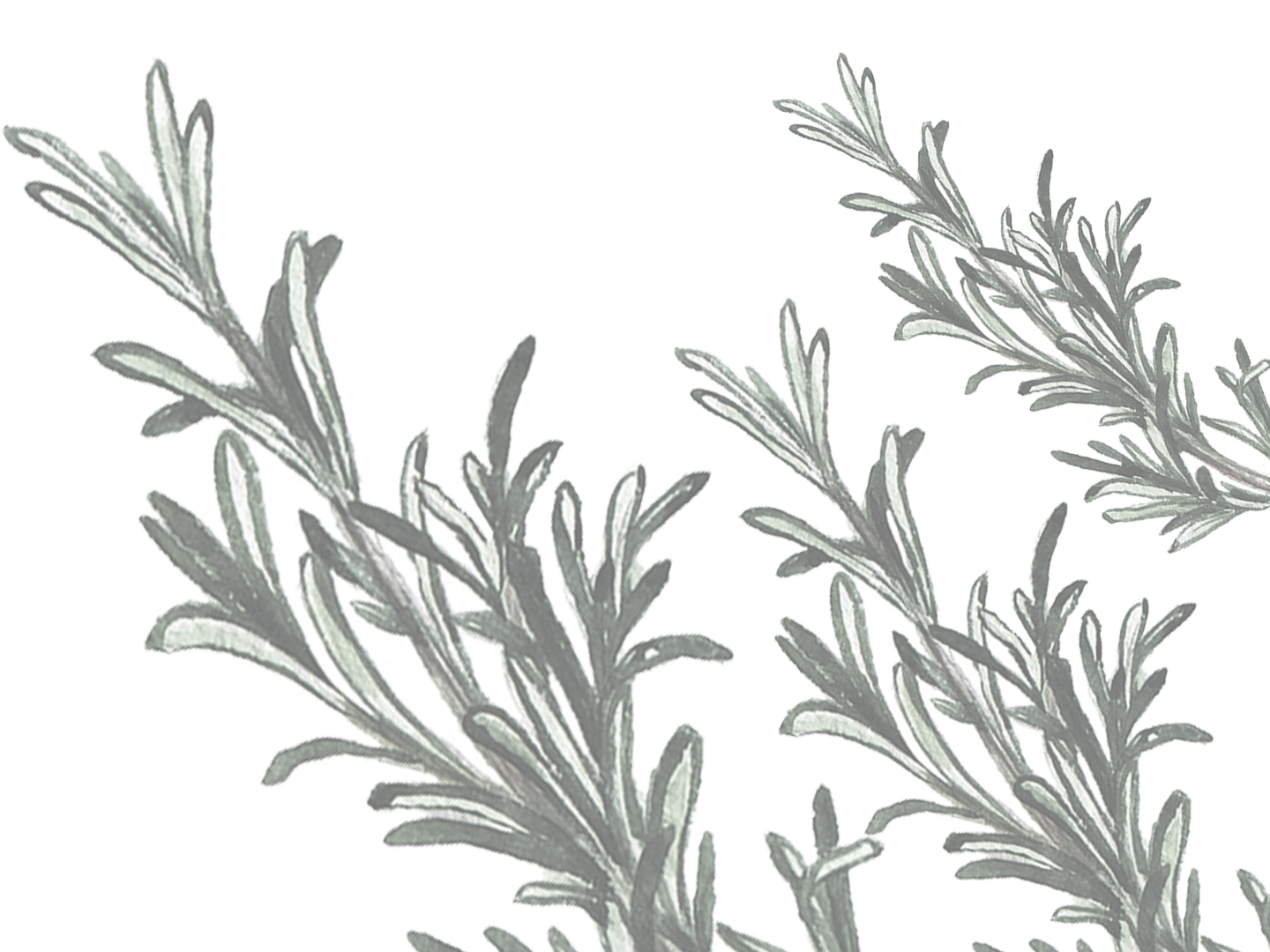
-
Rosemary
Rosemary essential oil is a natural antimicrobial that promotes thicker hair growth. The effects of rosemary essential oil have actually been compared to those of the popular hair growth drug minoxidil. A clinical study found that after 6 months, patients experienced a significant amount of hair growth from both substances. That’s a promising result for people who’d rather not experience the side effects from using some medicines.
The trick is to stick to the essential oil treatment for the long term and use it on a regular basis. An easy way to achieve that is to wash your scalp and hair with a rosemary shampoo that’s gentle for everyday use. Already have rosemary oil on hand? Mommy In Me recommends adding it to your conditioner so you can let it penetrate your hair roots for longer. Or use it in a hair oil to nourish your scalp while taming frizz!
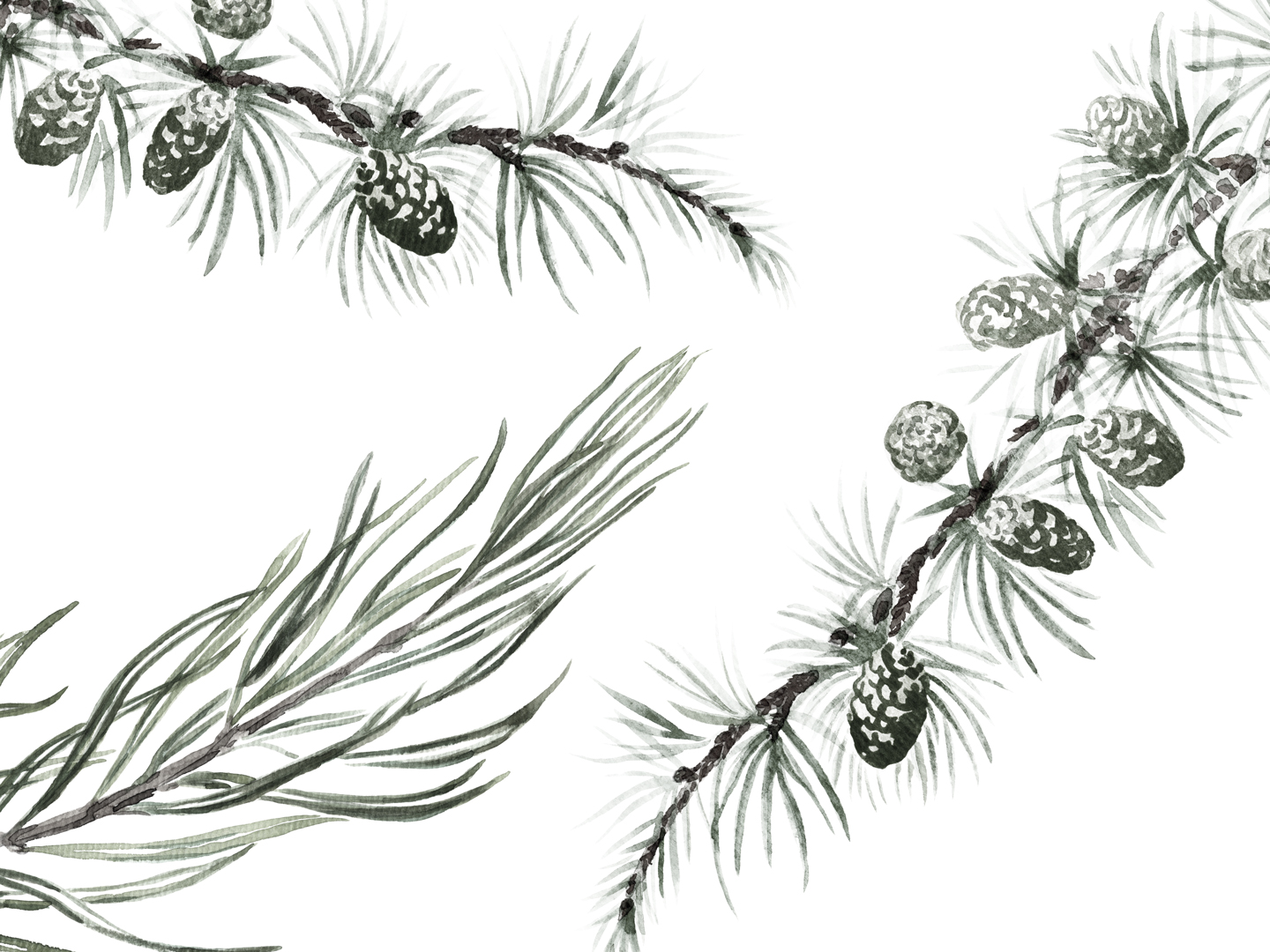
-
Cedarwood
Cedarwood has been used to treat alopecia areata for more than 100 years. That’s impressive, given that alopecia is an autoimmune disease that attacks hair follicles and causes large clumps of fallout. Most triggers of hair loss are hard to pinpoint, so it can be risky to start a treatment that comes with unwanted side effects.
Fortunately, cedarwood oil contains active stimulants for hair growth, and is soothing for seborrheic dermatitis and psoriasis. Massaging it into the scalp has been shown to help alopecia patients too. So using cedarwood oil is a convenient option for people looking for longer lusher hair, as well as for people suffering from large amounts of hair loss.
Pick up a cedarwood treatment oil to soothe an irritated or itchy scalp, or moisturize split ends or thinning hair strands. You can also make your own hair mask. Add 5 drops of cedarwood essential oil into 3 tablespoons of argan oil or jojoba oil. Mix the ingredients together in a bowl, then thoroughly massage the mixture into your scalp. Leave in for 20 minutes before washing your hair.
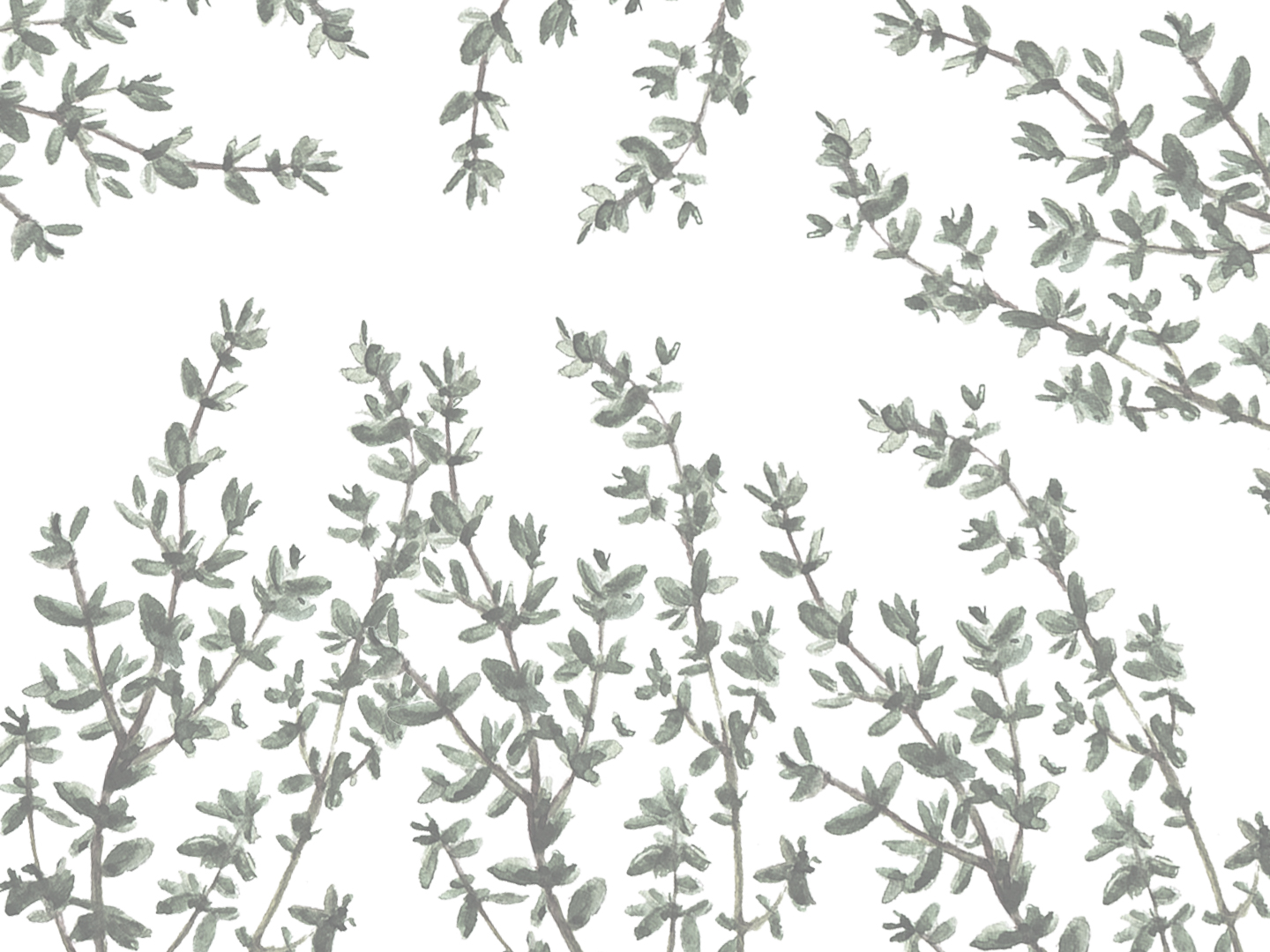
-
Thyme
Thyme is a potent antiseptic that’s actually used in many mouthwashes and hand sanitizers. It’s a powerful antioxidant that fights against the degradation of elastin proteins in our skin. It’s also effective in treating alopecia areata, making it a potent natural remedy for promoting hair growth.
Due to its antimicrobial qualities, thyme is idea for cleansing the scalp. This botanical shampoo actually contains thyme, as well as rosemary and lavender to purify pores. To help stimulate hair follicles even more, apply a thyme hair treatment oil to your scalp for 30 minutes as a hair mask.
Why not try essential oils for hair growth?
While it’s tempting to try conventional hair treatments and medicine that promise immediate results in boosting hair growth, they often come with unwanted side effects. Treating your scalp and hair with essential oils requires a longer period of commitment, but the positive results are backed by research and they are safer to use. Plus, they’re easily to include in your daily beauty routine. Less hassle and less stress means healthier hair growth for the long run.
Growing your hair out doesn’t have to be a chore. Here are ways to nourish and pamper your scalp so you can enjoy the journey to your hair dreams:
Does Biotin Help Hair Growth? Our Verdict On If It’s Worth It: And the best biotin hair products to get you back on track to those luscious locks.
9 Easy DIY Hair Masks for Damaged Hair: Simple yet powerful hair masks you can whip up in a jiffy to restore those tresses.

